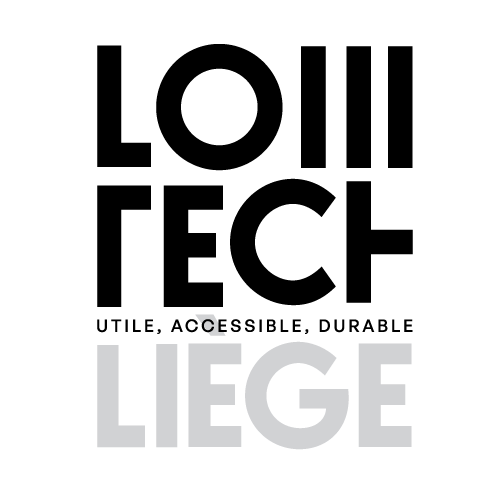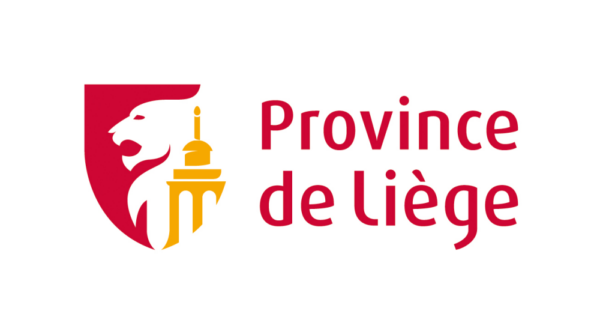Developing the Low-tech Community in Belgium
Low-Tech Liège, comprising of 6 volunteers with a wide range of skills, is raising awareness of the low-tech approach in the Province of Liège. The association carries out systemic projects on a variety of themes, using collective intelligence to find the right solutions to problems.

Overview of the project
Low-Tech Liège’s mission is to share low-tech solutions and approaches in the province of Liège and more broadly in Wallonia and Belgium.
Low-techs are objects, systems, techniques, services, know-how, practices, lifestyles and even schools of thought, which integrate technology according to three main principles:
- Useful
Low-tech meets essential needs of the individual or the collective. It contributes to making healthy and relevant lifestyles, production and consumption possible for all in areas as varied as energy, food, water, waste management, materials, housing, transport, hygiene and even health. By encouraging people to get back to basics, it gives meaning to action. - Accessible
Low-tech must be accessible to as many people as possible. It must therefore be able to be manufactured and/or repaired locally, its operating principles must be able to be understood simply and its cost adapted to a large part of the population. It thus promotes greater autonomy of populations at all levels, as well as a better distribution of value or work. - Sustainable
Eco-designed, resilient, robust, repairable, recyclable, agile, functional: low-tech invites us to think about and optimize the ecological, social or societal impacts linked to the use of technology at all stages of its production cycle. life (from design, production, use, end of life), even if this sometimes implies using less technology, and more sharing or collaboration!
Development of Low-Tech communities throughout Belgium, starting with the community of Liège and based on the model of communities in France. Low-tech Liège must be as inspiring as possible thanks to its innovative projects, respecting the three basic principles: Useful, Accessible and Sustainable.
Ongoing research
Début 01/08/2021 et project still in progress
– Creation of a community bringing together over forty resource people from sectors reflecting a wide range of activities and professions from our existing economic and social fabric.
– Over twenty different projects in the fields of mobility, health, housing, food, energy, data collection and documentation, organization of the Low-tech Festival, etc.
– Establishment of a local network of partners in the Province of Liège, the Grand Duchy of Luxembourg, France, various Walloon communes, schools and the University of Liège,…
– Raising awareness of the concept of repairability through the various workshops run by the association.
– An awareness of collective intelligence and decision-making by consent governing all initiatives and projects carried out by the association.
– The systemic approach of the low-tech approach enabled us to reflect on the real environmental and societal issues of our time.
– Conviviality also helps to bind individuals together on the same project, and is the driving force behind real group cohesion.
This project is self-financed, but needs to be made more sustainable. Some specific projects are subsidized, but this does not cover coordination work. Structural funding would be an asset in extending the low-tech approach beyond the locality.
organisation
Low-Tech Liège is an association of 6 volunteers (industrial designers, researcher, carpenter, therapist, repair café coordinator) who are raising awareness of the low-tech approach in the Province of Liège.
Our association has a number of projects on different themes (housing, food, poverty, health, mobility, energy, water, etc.) and aims to make its thinking as systemic as possible.
To achieve this, we rely on collective intelligence and decision-making by consent, to get as close as possible to real-life issues and respond as appropriately as possible.
in collaboration









